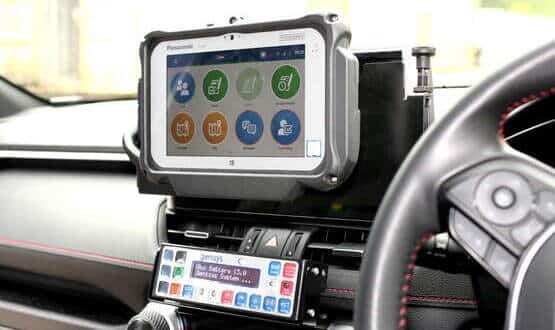Defibrillator finder site launched
- 12 March 2012

West Midlands Ambulance Service has launched a website that it hopes will reduce the number of lives lost because of cardiac arrests.
The Defibfinder site provides essential information for people who find themselves dealing with someone who is having a heart attack.
Members of the public will be able to locate their nearest defibrillators by typing their area or postcode into the map-based system, using the internet connection on their smartphones.
Defibfinder is the brainchild of Duncan Parsonage, community response manager for WMAS, who told eHealth Insider that “it was a case of making people more aware."
“There are 800,000 cardiac arrests a year in the UK, and there was nothing in place to help the public. It was pointless putting out defibrillators if nobody knew about them.”
The ambulance service has worked closely with the Community Heartbeat Charity and Safeheart UK on the development of the site.
There are around 2,500 defibrillators in the area serviced by West Midlands Ambulance Service.
Until the site was developed, however, even the trust and the British Heart Foundation had little or no information about where these were located.
The site highlights the nearest defibrillator with a red heart icon. When the icon is clicked, it provides the user with more location information and directions, both by car and foot.
Research indicates that for every minute that passes without defibrillation, a heart attack victim’s chances of survival decrease by 14%.
At the moment, around 45% of the cardiac arrest patients that West Midlands Ambulance Service deals with make it into hospital alive.
Parsonage said: “This site identifies the nearest defibrillator and in doing so will help save lives.”
Defibfinder also collates information to improve the management of defibrillators, such as when a defibrillator’s battery will be out of date.
West Midlands Ambulance Service hopes that if the initiative is successful it will lead to a nationwide roll-out.
Parsonage said discussions are also taking place about developing a mobile phone app version of Defibfinder, but this would require substantial funding.
However, there has been substantial interest in the initiative, with organisations in Australia contacting the trust about developing a similar service.



